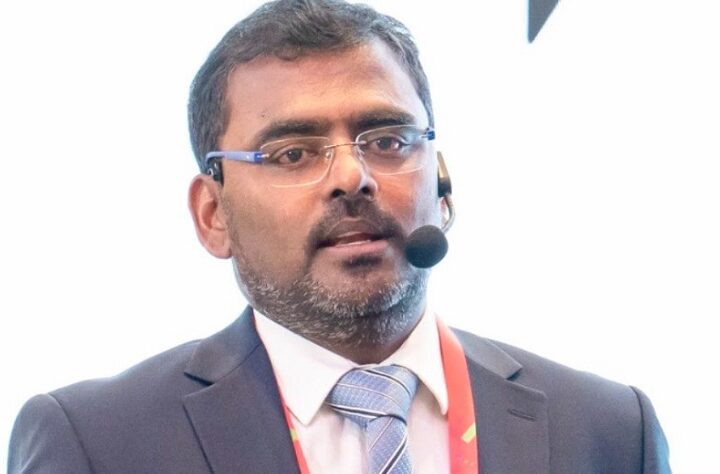As the world moves towards what is, hopefully, the post-COVID-19 era, the focus is shifting back to the broader challenge of realizing sustainable development in the face of a shrinking natural resource base and a changing climate.
The resulting uncertainty and the implicit demand for a radical transformation in the way business is done is drawing global attention back to the need to move fundamental corporate practices away from business-as-usual.
Traditionally, trends in profitability have been the main yardstick for measuring shareholder value. This is now rapidly changing. Business accountability obligations must go beyond financial performance and encompass what is now referred to as non-financial reporting or sustainability reporting.
It is in this context that the insurance industry must adopt new reporting standards: International Financial Reporting Standards 17 (IFRS 17), a requirement that came into force on 1st January 2023.
Since 2004, older standards, known as IFRS 4, have been the industry’s default reporting index. Given the length of the intervening period, insurers will need to make significant changes in order to align their accountability with the new guidelines.
The main and most well-known change brought about by the adoption of the IRFS 17 is the need to disclose the source of funds invested by the insurance industry. However, there are other less publicized changes that will call for a major shift in how the industry must now provide disclosures that go beyond finances.
Conformity with the new rules will require insurance companies to provide more granular data. Historical data must be captured and aggregated. Its sources and granularity must be identified, resulting in the need for increased data storage.
The long and short of the changes are that they will require insurance companies to make a significant shift in the way that they carry out their accounting. The adjustments are in line with broader global demands for enhanced disclosure practices across the board, including those recently demanded of all companies listed in the Nairobi Securities Exchange (NSE).
Although the NSE-driven corporate reporting requirements are not solely focused on the insurance sector, they were issued in the same spirit as IFRS 17.
Referred to as environment, social, and governance (ESG) reporting, recurrent calls for non-financial reporting are the result of demands by investors globally who have significantly changed their perception of investment value. They are increasingly preferring to put their funds in firms that are compliant with both financial and non-financial reporting, a trend that is in line with commitments made by the global community to protect the planet and improve the welfare of communities through the Sustainable Development Goals (SDGs).
While increasing demand for disclosure by the corporate sector will result in far-reaching operational changes, it is a move in the right direction. One benefit for the non-expert investor in the industry is that insurance reports will become less complex, hence there will be increased transparency and understanding of the business.
IFRS 17 will require insurance executives to explain in plain terms the meaning of the numbers that they will be reporting. The result will be enhanced investor understanding and confidence in the industry, which has been accused in some quarters of opaqueness because of the complexity of the financial reports it produces.
For multinational companies or Corporations like the Kenya Reinsurance Corporation (Kenya Re), we look forward to adopting consistent reporting within our subsidiaries which will make it easier to compare results for our products within our geographical locations.
To comply with IFRS 17, different technical teams in the industry, that have traditionally worked in isolation, will now have to work more collaboratively. It is also important to start early and ensure that any challenges that may be faced are identified and resolved in good time.
Additionally, seeing that data will play a major role in the reporting standards, insurance companies need to invest in data management and analytics capabilities to be able to fully understand their data and report it. For example, to better collate and store data, Kenya Re has invested in the Insurance Data Repository (IDR).
At Kenya Re, being the oldest reinsurer in the Eastern and Central African region, we are prepared to take the frontline in adopting IFRS 17. Like all organizations, the change will demand that we transform the way we report and that we invest in infrastructure and manpower to comply with the standards.
So far, Kenya Re acquired a database application server and computing power specifically to store IFRS17 data. The Corporation has also set in motion procedures that will enable us to build or acquire the needed capacity for skill sets such as data visualization.
This is not to say that the transformation will necessarily be smooth sailing. Change at any level is never easy. We have, therefore, embarked on processes intended at sensitizing internal and external stakeholders on the implications of IFRS 17, particularly, the business benefits they will bring about.
The writer, By Michael Mbeshi, is the Acting Managing Director at Kenya Reinsurance Corporation













